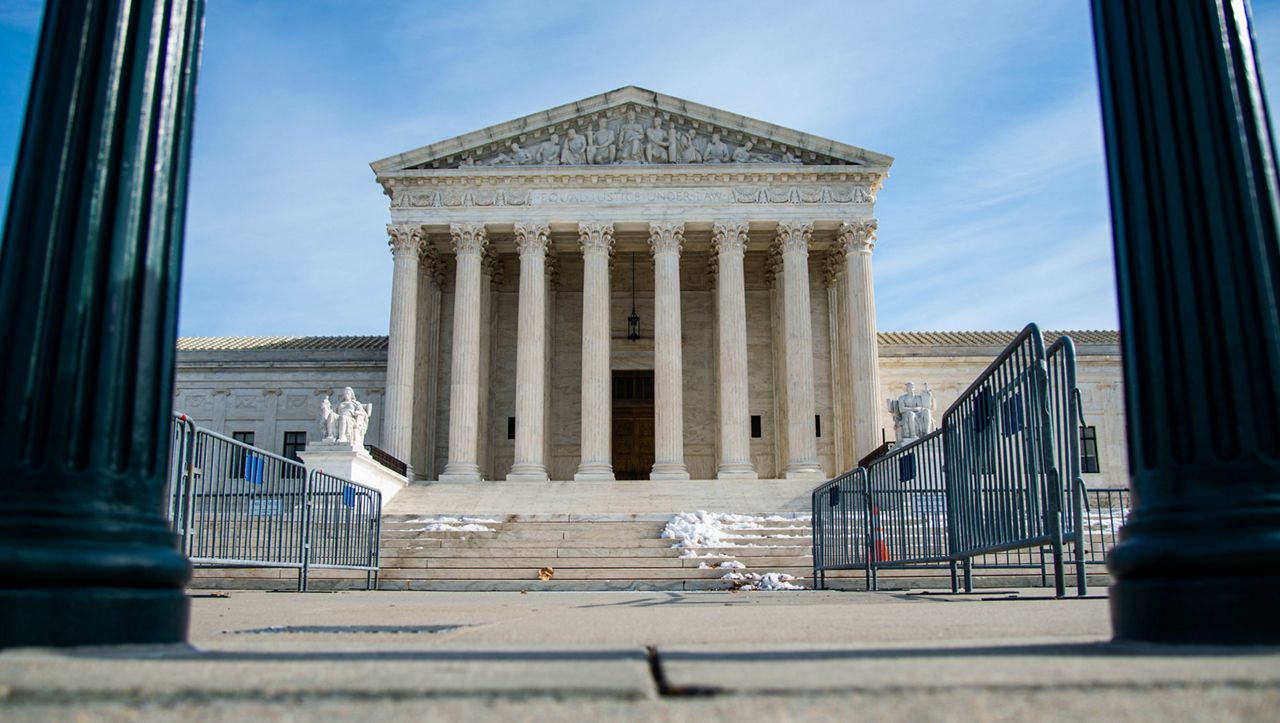The Supreme Court has agreed to hear two cases that could change the role that affirmative action plays in college admissions forever.
The high court on Monday decided that it will hear challenges to whether the use of race in admissions at Harvard University, the oldest private college in the United States, and the University of North Carolina, the nation's oldest public university, violates civil rights law.
The case will be the first test that affirmative action in college admissions – a hot-button political issue – has faced since the court's tilt toward a 6-3 conservative majority after former President Donald Trump added three justices to the bench.
The court's most recent ruling on affirmative action came in 2016's Fisher v. University of Texas, when a 4-3 majority upheld the University of Texas' race-conscious admissions program, ruling against a challenge to the policy brought by by a white woman.
But two of the key justices in that ruling – Ruth Bader Ginsburg and Anthony Kennedy – are no longer on the bench; the three dissenting justices – Chief Justice John Roberts and Justices Clarence Thomas and Samuel Alito – are still on the bench.
"It is a sordid business, this divvying us up by race," Roberts wrote in a voting rights case in 2006. "The way to stop discrimination on the basis of race is to stop discriminating on the basis of race."
The lawsuits were filed by Students for Fair Admissions, a group which has worked for a number of years to eliminate racial-based affirmative action in college admissions, arguing that such screenings based on race are unlawful and discriminatory.
"We are grateful the Supreme Court accepted these important cases for review," Edward Blum, the organization's president, wrote in a statement. "It is our hope that the justices will end the use of race as an admissions factor at Harvard, UNC and all colleges and universities."
In the group's petition in the Harvard case, the group wrote that the university's "mistreatment of Asian-American applicants is appalling."
"That Harvard engages in racial balancing and ignores race-neutral alternatives also proves that Harvard does not use race as a last resort," they wrote.
In a brief urging the court not to take the case Harvard urged the bench not to overturn 40 years of decisions on race and admissions: "Under established precedent, to achieve the educational benefits that flow from student-body diversity, universities may consider race as one factor among many in a full, individualized evaluation of each applicant’s background, experiences, and potential contributions to campus life."
In the North Carolina case, the group argues that the university's admissions process violates the Fourteenth Amendment's equal protection clause.
Lower federal courts have sided with UNC and Harvard.
"Harvard does not automatically award race-based tips but rather considers race only in a flexible and non-mechanical way; consideration of race benefits only highly qualified candidates; and Harvard does not discriminate against Asian-American applicants," the university wrote in its brief. "The American public has looked to this precedent for assurance that the nation recognizes and values the benefits of diversity and that the path to leadership is open to all."



